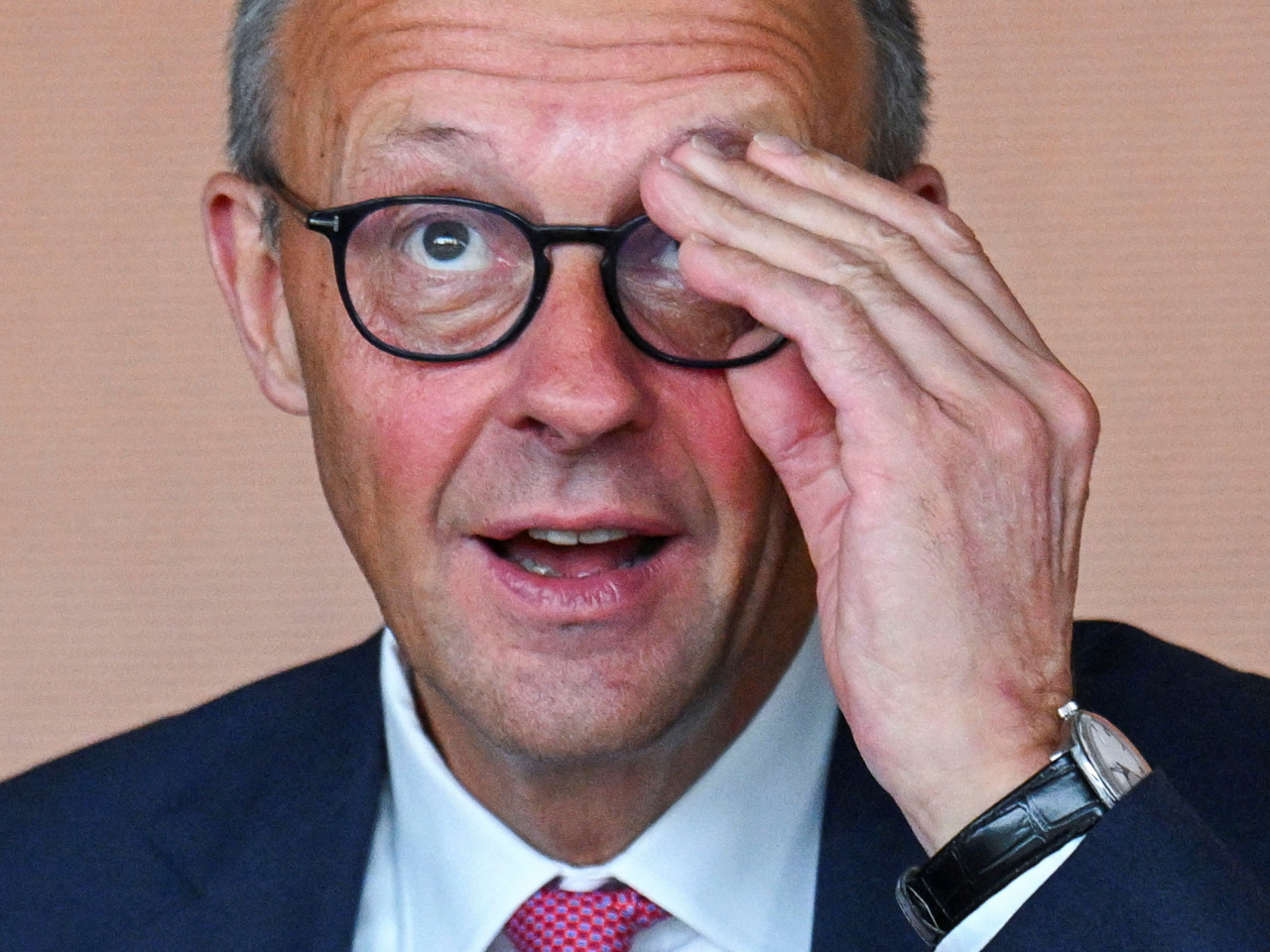German Chancellor Friedrich Merz has driven sweeping changes in security, economic and migration policy during his first 100 days in office, but faces widening cracks in his uneasy coalition.
"Germany is back," Merz said, vowing to revive the economy, the military and Berlin's international standing after what he labelled three lacklustre years under his centre-left predecessor Olaf Scholz.
He vowed to build "Europe's largest conventional army" in the face of a hostile Russia and keep up strong support for Ukraine in lockstep with Paris and London. And he has pressed a crackdown on irregular migration, a sharp departure from the centrist course of his long-time party rival Angela Merkel.
But his personal approval rating slipped 10 points to just 32 percent in the latest poll by public broadcaster ARD.
The biggest coalition crisis came last month over the nomination of three new judges to Germany's highest court, in which a campaign against one of the nominees eventually led to Merz's Christian Democrats (CDU) withdrawing support and postponing the vote.
The next sign of trouble was when the CDU's Bavarian sister party demanded sharp cuts to social benefits for Ukrainian refugees, a position its coalition partner, the Social Democratic Party, opposes.
Both coalition partners know that open squabbling will turn off voters after discord brought down Scholz's three-party coalition, and play into the hands of the far-right Alternative for Germany Party. (AFP)





